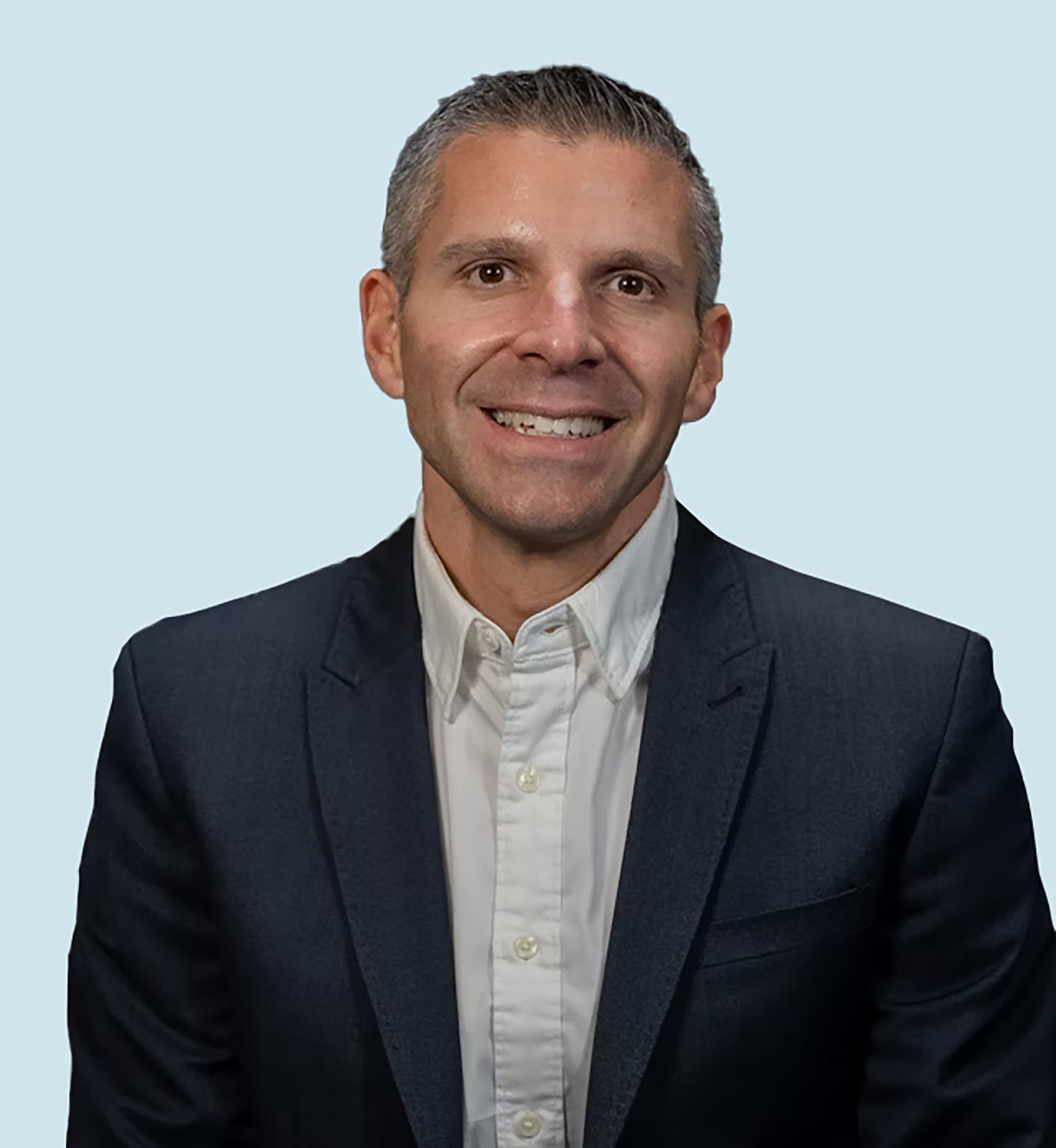
Summer presents an invaluable opportunity for high school students to delve into the world of research. Engaging in research projects not only bolsters college applications but also nurtures critical thinking, problem-solving and independent learning skills. Here’s how your teen can make the most of these opportunities:
Remember, the goal is to engage in meaningful research that aligns with your child’s interests and academic goals. Such experiences not only enhance college applications but also contribute significantly to personal and intellectual growth.

Marc is the author of Untangling the Ivy League, a best-selling guidebook on the Ancient Eight. He earned a BA from Cornell University and an MBA from University of North Carolina – Chapel Hill. Marc chaired the admissions ambassadors at Cornell and the admissions advisory board at UNC.

